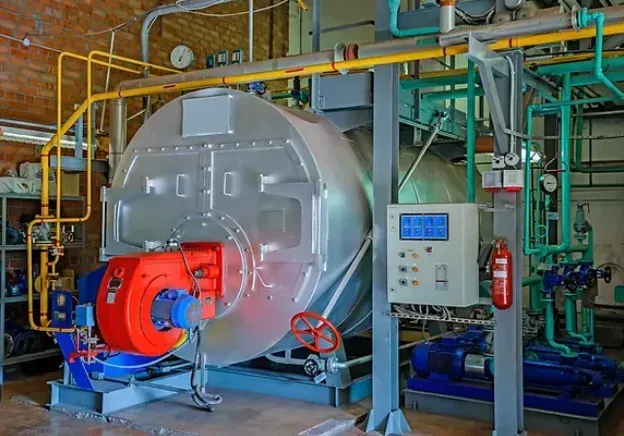The Benefits of Fuel Monitoring for Your Business

In today's fast-paced business environment, companies in Nottingham and surrounding areas are always seeking ways to optimise their operations and reduce costs. For many, fuel consumption is a significant expense, especially for businesses that rely on commercial fuel and commercial heating oil. Fortunately, there's a solution that can help you gain control over your fuel expenses and ensure efficient fuel management: fuel monitoring. In this blog post, we will explore the benefits of fuel monitoring for your business, from cost savings to environmental benefits.
Enhanced Cost Management
Fuel monitoring empowers businesses to gain a clear insight into their fuel consumption patterns. By using state-of-the-art technology, you can track how much fuel is being used in real-time, helping you identify any inefficiencies or unexpected spikes in consumption. This real-time data allows for better budgeting and cost forecasting, ensuring that your business remains financially stable.
Increased Efficiency
For businesses that rely on commercial fuel, such as restaurants, manufacturing plants, and logistics companies, efficient fuel management is crucial. Fuel monitoring allows you to identify and address any inefficiencies promptly. This information enables you to make immediate improvements, reducing waste and saving money in the process.
Reduced Theft and Fraud
Fuel theft is a real concern for many businesses, and it can result in substantial financial losses. With fuel monitoring, you can deter theft and identify suspicious activities. The system can provide alerts for irregular fuel level changes, ensuring that your fuel reserves are secure. This added layer of security can protect your valuable resources and maintain your bottom line.
Environmental Benefits
Apart from the financial advantages, fuel monitoring also contributes to a greener and more sustainable business. By identifying inefficiencies and reducing waste, you can decrease your carbon footprint. Whether it's optimising fuel consumption in your vehicles or ensuring that your heating system operates efficiently, these small steps add up to a significant reduction in environmental impact.
Convenience and Peace of Mind
Fuel monitoring systems offer unparalleled convenience. You can access the data from anywhere, at any time, through user-friendly online platforms or mobile apps. This means you can keep an eye on your fuel consumption even when you're not on-site. Additionally, it provides peace of mind, knowing that you have full control over your fuel management, and that you'll be alerted to any issues before they become critical.
At Northern Oil, we understand the importance of efficient fuel management. As a leading fuel supplier in Nottingham, we offer top-quality commercial fuel and heating oil, as well as FuelSmart - a reliable and hassle-free way of monitoring fuel consumption. To learn more about how fuel monitoring can benefit your business and to explore our range of high-quality fuel products, contact us today. Let us help you take control of your fuel expenses and make your business more efficient and sustainable.












